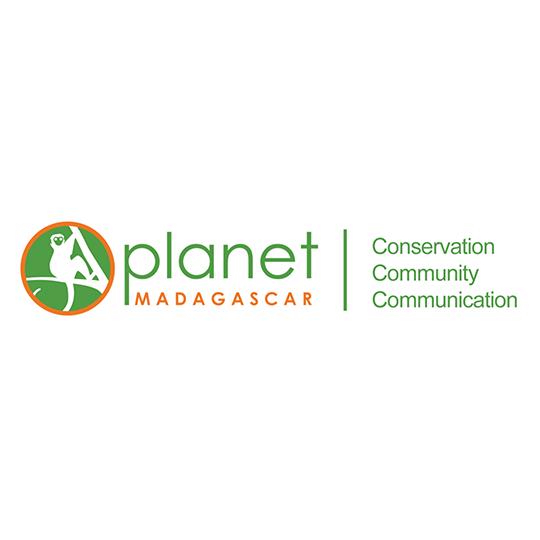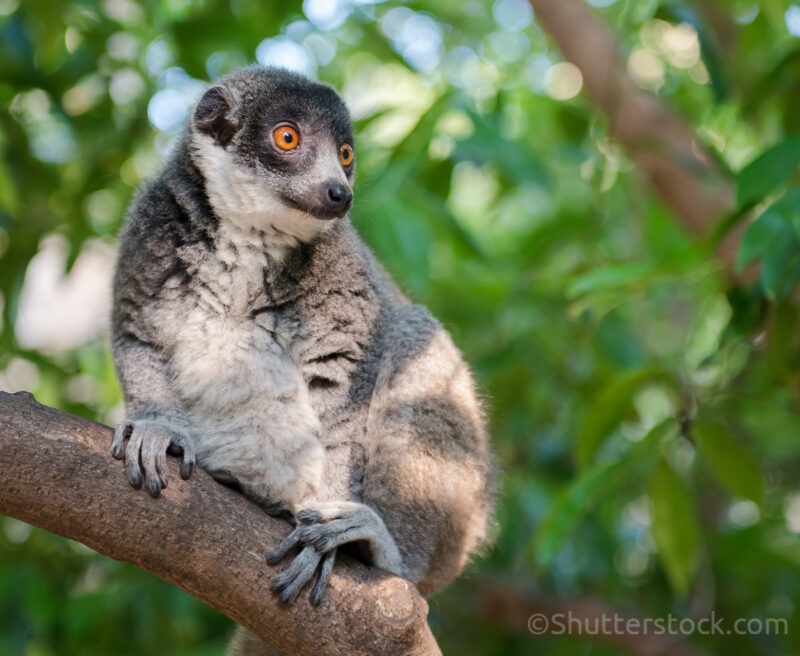Partnership with WLTWLT partnered with PMA in 2022 to restore 150 ha of key lemur habitat in Ankarafantsika, part of PMA’s long-term goal to restore a total of 2,000 ha. The WLT-funded restoration will take place in the national park’s 8,000 ha Ambanjabe Management Zone, on areas of grassland that once held forests before they were burned away. Alongside direct planting activities (180,000 seedlings over three years) and maintenance of the restoration sites, PMA will also engage local communities in conservation education and forest-compatible livelihood projects.
PMA works closely with three communities totalling around 600 people who live in Ambanjabe. As part of this project, PMA will support 18 community patrollers to protect the restoration zone and undertake fire management and prevention, 41 women within the women’s cooperative who produce 30,000 seedlings a year on commission to the project, and 15 nursery team members who will produce up wot an additional 30,000 seedlings per year. Communities will also be supported through educational outreach programmes, an agreement with livestock keepers to help maintain their livelihood while protecting forest, and beekeeping and citrus farming initiatives. Any profits will be partly reinvested to bring more people into these schemes and provide revenue for women’s cooperatives.
WLT FUNDED PROJECTS
CURRENT
Please see our Madagascar page.

